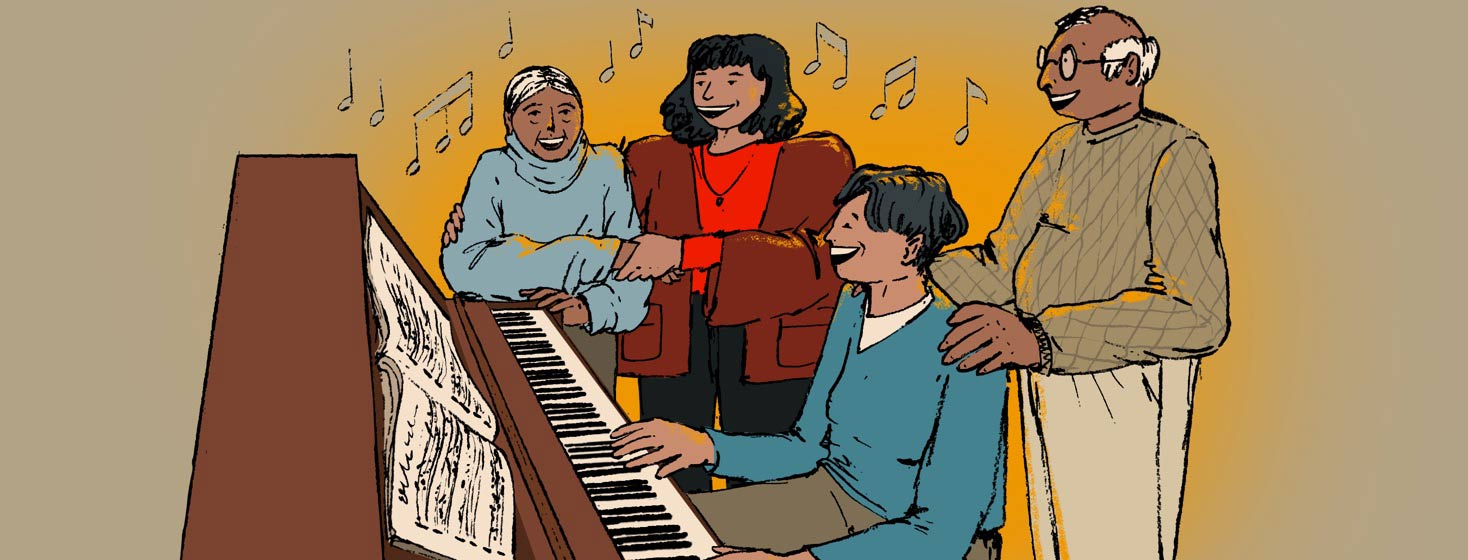Approaching Family Members After Diagnosis
Since my father got diagnosed with prostate cancer at the age of 72 years old; it has been a challenging time for the entire family. In addition to dealing with the day-to-day physical changes in his body, we were also worried about his overall mental and emotional health. He was also newly married at his time of diagnosis.
However, when many readers inquire about prostate cancer cases in their families, one of their major concerns is whether the approach of the family members changes after a prostate cancer diagnosis. In order to spread greater prostate cancer awareness, I want to take this opportunity to enlighten readers about approaching family members and close loved ones about prostate cancer.
Prostate cancer impacts the entire family
Being the family member and caregiver of a man living with prostate cancer can change the course of everyone's life. Whether it is in a big or small way, the day-to-day routines, family lifestyles, or even special occasions can alter.
If the person you are caring for has been recently diagnosed, you are bound to share the respective fears, concerns, helplessness, and even anxiety. You might be sharing the overall financial costs of treatment along with all the time spent in doctor’s appointments and treatment sessions. In case the patient has advanced prostate cancer you might have to remain active in knowing about appointments, taking medication, and so much more.
Taking special care of your diet
Many men are recommended to change their diets after diagnosed with prostate cancer. This implies that the entire family might have to change their diet routines at the same time. This would make it simpler for the patient to adapt to the changed diet easily.
Adjusting family physical activities
Sometimes, during recovery or even afterward, the men living with prostate cancer might not be capable of performing the same physical activities. At such times, it becomes the responsibility of the close family members and friends to help with household chores and day-to-day life. This would allow the patient to focus more on the recovery period in healthier ways.
Remember to celebrate life
There are times when it becomes difficult for both the patient and the family members to cope with the disease and its complicated treatments. For instance, in the case of a special occasion, you should aim to help the patient feel motivated and positive. There should be a sense of celebration, no matter what the situation is. This creates a hopeful position in their life while allowing the patient to lead a normal life as before.
Family is about supporting one another
I believe that family support is critical in how the patient and family are affected by having this disease. So many men have stated that having the support of their significant others is very important. They had less anxiety because their wives were always reassuring, understood, and accepted the potential adverse effects of treatment.
As for my father who is now 85; we all let him know we are always there for him. We don’t pry but let him tell us what is on his mind. It’s also important for me to be there for him and ask if I can do something for him? He has all the support he needs from family and friends so he never feels alone.

Join the conversation